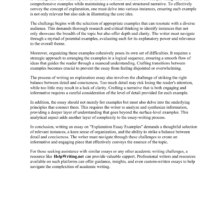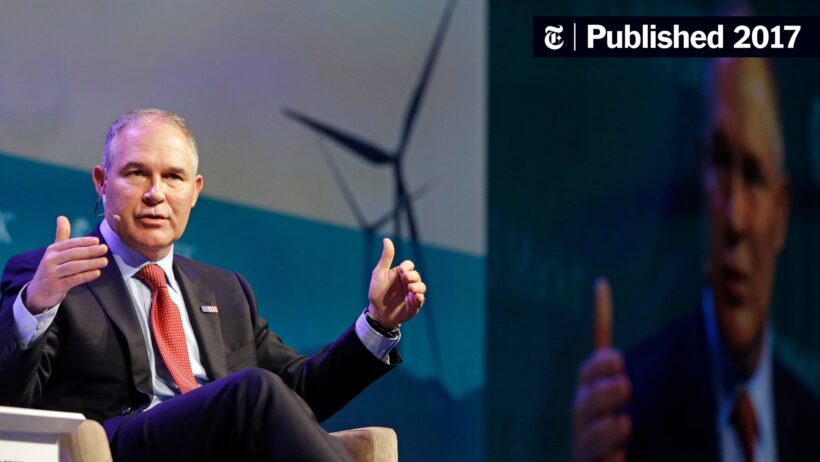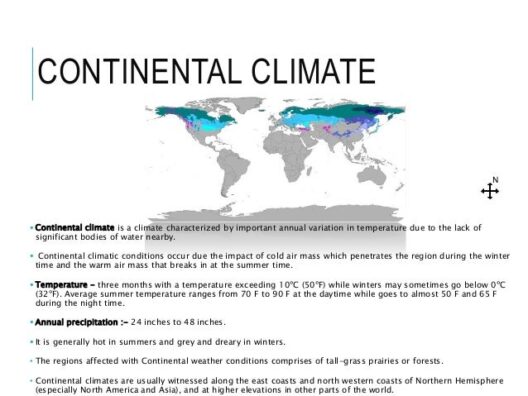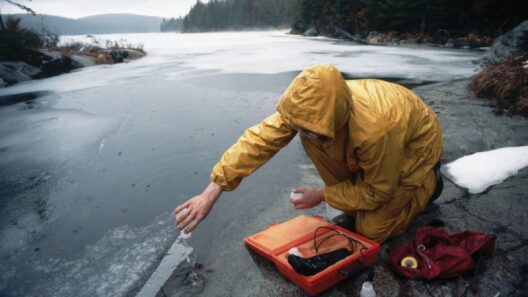Scott Pruitt, the former Administrator of the Environmental Protection Agency (EPA), has long been a controversial figure in discussions surrounding climate change and environmental policy. His tenure, marked by skepticism towards the scientific consensus on global warming, has generated significant scrutiny and debate. Understanding Pruitt’s stance involves exploring his public statements, policy decisions, and the broader implications of his environmental philosophy.
To commence, it is essential to consider Pruitt’s background. Before leading the EPA, he served as the Attorney General of Oklahoma, where he developed a reputation for challenging environmental regulations. His ascent to the EPA in 2017 was notable, given his prior assertions questioning the reality of climate change. These views have been pivotal in shaping the public perception of his relationship with global warming.
Pruitt’s skepticism toward the prevailing scientific consensus is well-documented. He has famously stated that humans are not the primary contributors to climate change, a departure from the views held by the majority of climate scientists. This assertion is significant because it undermines many of the policies aimed at curbing anthropogenic emissions, which are considered critical for addressing global warming. His rhetoric has often centered around the argument that climate change is part of a natural cycle rather than a consequence of human activity.
One of the most alarming aspects of Pruitt’s approach is the implications for environmental policy. Under his leadership, the EPA rolled back several regulations aimed at mitigating climate change, including the Clean Power Plan, which sought to reduce carbon emissions from power plants. This deregulation has been lauded by some, primarily industries reliant on fossil fuels, who argue that such measures stifle economic growth. Conversely, many environmentalists contend that these actions jeopardize climate action efforts, leading to long-term environmental devastation.
Pruitt’s stance has not only affected federal policies but has also engendered a chilling effect on state-level initiatives focused on climate action. Many states have embarked on progressive climate plans, yet Pruitt’s rhetoric has emboldened skeptics and obstructed comprehensive strategies aimed at reducing emissions. This has created a dichotomy where states supportive of climate initiatives find themselves at odds with federal positions that negate the urgency of the climate crisis.
The controversies surrounding Pruitt extend beyond his climate beliefs to encompass ethical questions regarding his conduct while in office. Reports emerged detailing questionable spending practices, including first-class travel and expensive security measures, which led to multiple investigations. These controversies, ongoing amidst his discussions on climate change and environmental policies, have raised concerns about his credibility and integrity as a leader in environmental stewardship.
Furthermore, Pruitt’s reliance upon industry lobbyists and his close ties to oil and gas companies have drawn significant criticism. Critics argue that his decisions during his tenure reflect the interests of these industries over scientific evidence or public health concerns. For instance, his efforts to dismantle regulations, like those governing methane emissions from oil and gas operations, have been seen as victories for corporate entities, raising ethical questions about the influence of corporate money on environmental policy.
Additionally, Pruitt’s leadership has prompted a broader discussion about the role of the EPA. Established in 1970 to protect human health and the environment, the agency’s mission has been compromised under increased political pressures and shifting priorities. Many environmentalists argue that Pruitt has fundamentally altered the agency’s purpose from safeguarding the environment to facilitating corporate interests and deregulation.
The fallout from Pruitt’s policies has also exacerbated actions from local and state entities striving to address climate change. Following federal rollbacks, several cities have adopted more aggressive climate initiatives, operating on the premise that local efforts can fill the void left by federal inaction. These grassroots movements highlight the resilience of community leaders dedicated to combating climate change despite political challenges.
In addressing the question of Pruitt’s beliefs regarding global warming, it is clear that his actions have fostered an environment where climate change is increasingly seen as a political issue rather than a scientific one. This has far-reaching consequences. It not only creates barriers to effective climate policy but also perpetuates misinformation regarding the climate crisis. The public’s understanding of climate change is crucial for future advocacy and mobilization efforts, and Pruitt’s administration contributes to a climate of uncertainty and skepticism.
In conclusion, Scott Pruitt’s tenure as EPA Administrator represents a polarizing chapter in the ongoing discourse about climate change. His skepticism towards global warming, coupled with policies that prioritize deregulation over environmental protection, underscores the ideological divide that affects the pursuit of climate solutions in the United States. The implications of his leadership are profound, influencing everything from federal regulations to grassroots activism aimed at confronting the challenges of global warming. As the climate crisis escalates, it becomes increasingly vital for individuals and communities to remain vigilant in advocating for evidence-based policies that prioritize sustainability and environmental health over corporate interests.







